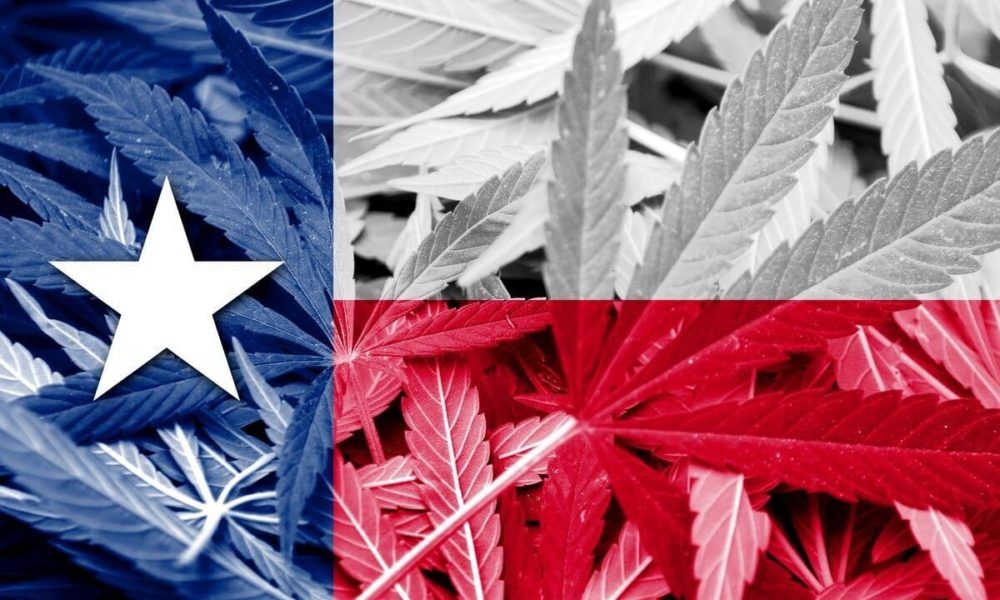A Call to Action
1. IMMEDIATE ACTION NEEDED: Texas Retailers Need Help Regarding Smokable Hemp
On May 8th the Texas Department of State Health Services (DSHS) announced their intention to prohibit the retail sale of smokable hemp products. This rulemaking goes beyond the original bill, Texas HB 1325, which states, “processing or manufacturing of a consumable hemp product for smoking is prohibited.” The state of Indiana included the prohibition of retail sales of smokable products into their hemp law. This language was blocked by the U.S. District Court for the Southern District of Indiana, due to this prohibition violating the interstate commerce clause found in the 2018 Farm Bill. We MUST make a legal challenge to the DSHS misguided rule.
Additionally, you can help by making a comment during the official comment period through June 8th. We can use all the help we can get to send notes or place calls about this issue. Contact us directly if we can help you craft your comment by 6/7/2020 deadline.
Questions about the content of this proposal may be directed to Rod Moline, Ph.D., R.S., Section Director, at (512) 231-5712 in the DSHS/CPD Policy, Standards, and Quality Assurance Unit.
Written comments on the proposal may also be submitted to Rod Moline, Ph.D., R.S., Section Director, Mail Code 1987, Texas Department of State Health Services, P.O. Box 149347, Austin, Texas 78714-9347, or by email to DSHSHempProgram@dshs.texas.gov.
To be considered, comments must be submitted no later than 31 days after the date of this issue of the Texas Register. Comments must be: (1) postmarked or shipped before the last day of the comment period; (2) hand-delivered at 8407 Wall Street, Austin, Texas 78754 before 5:00 p.m. on the last working day of the comment period; or (3) emailed before midnight on the last day of the comment period. If last day to submit comments falls on a holiday, comments must be postmarked, shipped, or emailed before midnight on the following business day to be accepted. When emailing comments, please indicate “Comments on Proposed Rule 19R074 Hemp Program” in the subject line.
2. Thusfar, FDA and USDA have not deemed hemp grain as generally recognized as safe for animal feed (GRAS). This recognition is critical in order for hemp to become a high-volume low-cost commodity for livestock feed.
3. The FDA has neglected its statutory duty to regulate CBD and other non-intoxicating cannabinoids, delaying these products from being allowed into the larger food and beverage markets. Action against the FDA would encourage the passage of the House Agriculture Committee Chairman Collin Peterson (D-Minn.) sponsored legislation (H.R. 5587) that would require the FDA to regulate CBD and other cannabinoids as a dietary supplement.
4. The Federal Trade Commission (FTC) has allowed the illegal censorship and inability to conduct marketing for hemp business and non-profits on social media platforms like Facebook. Facebook policies put hemp business and non-profits at a distinct disadvantage compared to other entities and must be challenged.
By joining or renewing your membership with the TXHIA, you become part of a unified voice for this critical industry and will help ensure the promotion of hemp as essential business.
Kindest regards,
Coleman Hemphill President, www.txhia.org 325-226-4538




